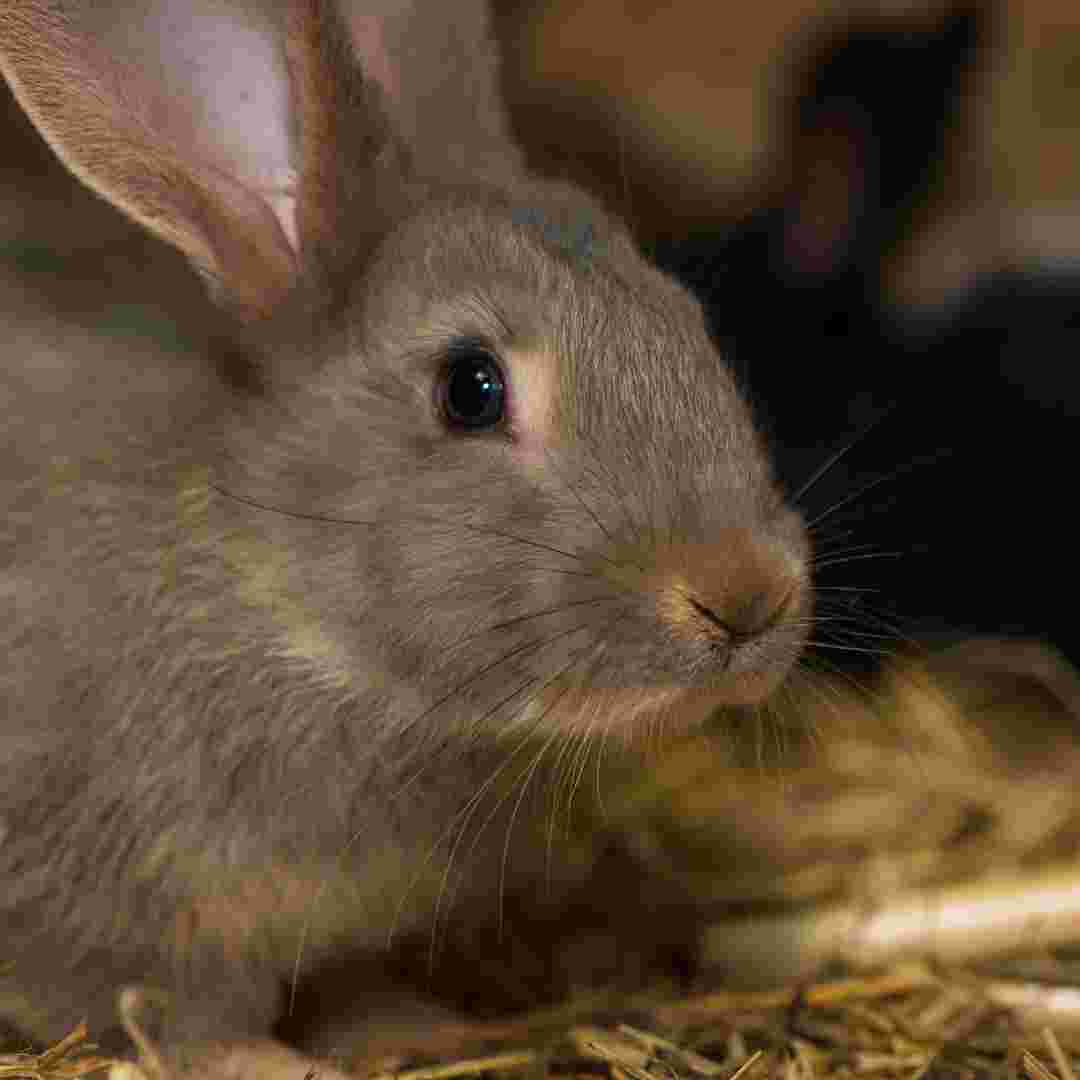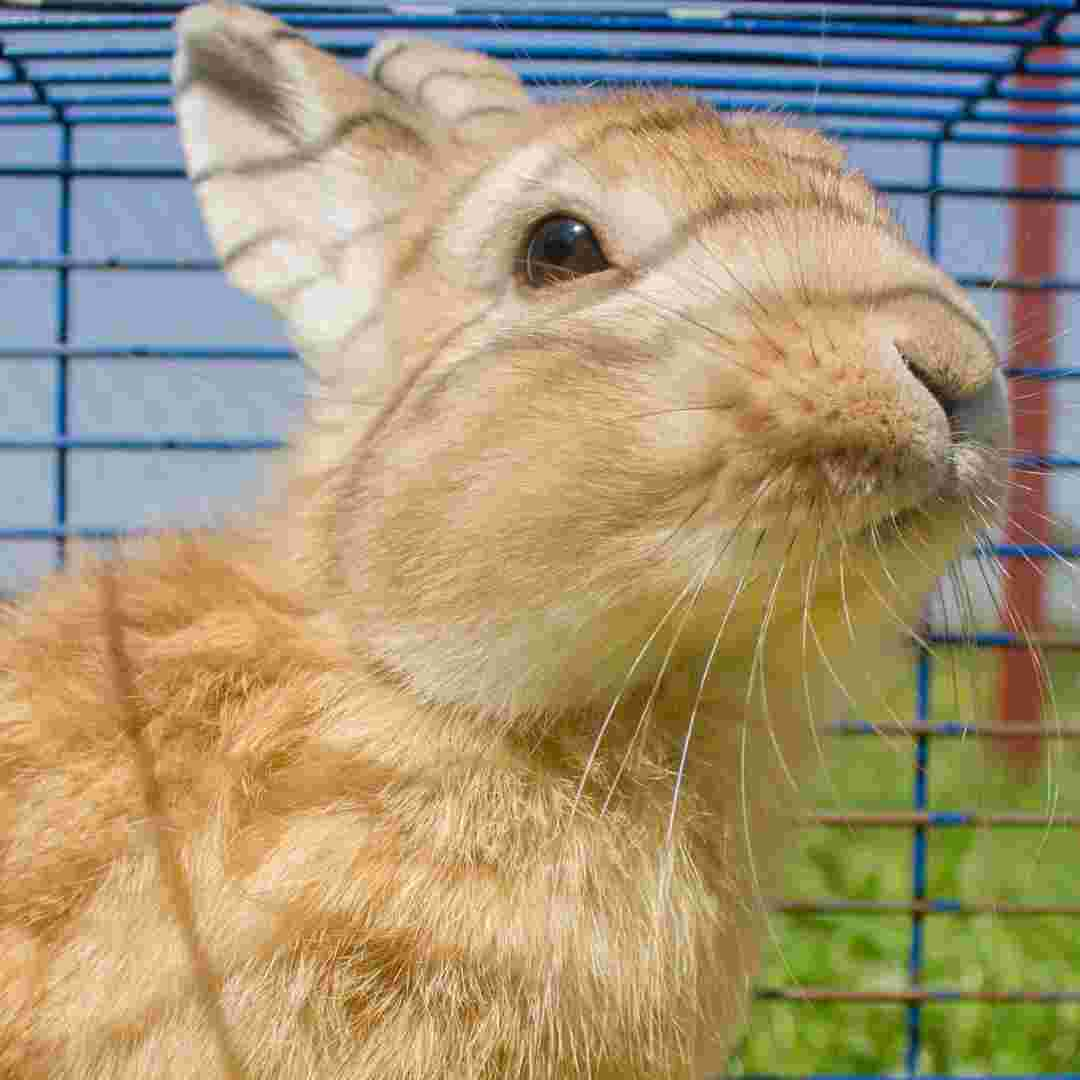Contents Table
Introduction
Feeding your rabbit too much can cause health issues.
Don't leave your rabbit outside—predators are common.
Rabbits Can Be Territorial—Don't House Them Together
Toxic cleaning products can harm rabbits.
Early Rabbit Disease Detection Is Crucial
Q&A
Conclusion
Introduction
Rabbits make cute, cuddly pets. It's important to avoid doing activities that can harm or kill rabbits. Bunnies are fragile and need special care. Rabbits should not be overfed, mishandled, or given too little space. Know what not to do with rabbits to keep your pet happy and healthy.
Feeding your rabbit too much can cause health issues.
Be careful with rabbit food amounts. Overeating can cause obesity, intestinal disorders, and heart disease. To keep your rabbit healthy, feed them a balanced, nutritious diet.
A healthy rabbit diet includes hay, fresh veggies, and a little pellets. Hay, strong in fibre, should be their main feed to support their digestive function. Fresh vegetables might create digestive difficulties if fed in excess. High-calorie pellets can cause obesity, so give them rarely.
Your rabbit's weight should also be monitored. Reduce pellets and rewards and boost hay and veggies for overweight rabbits. You should also exercise your rabbit to maintain a healthy weight.
Following these instructions will ensure your rabbit gets enough nutrients without overfeeding. Doing so will keep your rabbit healthy and happy for years.
Don't leave your rabbit outside—predators are common.
Unattended rabbits are vulnerable to predators. Rabbits are small and easily preyed upon by foxes, coyotes, and birds. Thus, rabbits must not be left outside. Rabbits should be kept outside in a secure enclosure with a roof and high sides to keep predators out. Regularly inspect the enclosure for damage and entrance points.
Rabbits should never be left outside overnight. This is especially true in predator-rich environments. If rabbits must be outside, bring them inside at night and watch them throughout the day.
Finally, left outside, rabbits are vulnerable to predators. Therefore, rabbits must be maintained in a safe enclosure and monitored at all times.
Rabbits Can Be Territorial—Don't House Them Together
Housing a rabbit alongside other animals is not advised. Territorially aggressive rabbits can attack other animals. This can stress and injure the rabbit and other animal. Additionally, rabbits can spread bordetella, which can cause respiratory infections in cats and dogs.
Make sure your rabbit's surroundings is safe before housing it with other animals. A rabbit should have its own space without other animals. To avoid aggressiveness and suffering, animals should be regularly monitored. If hostility or discomfort is detected, separate the animals immediately.
Toxic cleaning products can harm rabbits.
Be careful with cleaning agents near your rabbit. Avoid harsh cleaning agents that can poison your pet. Ingested or breathed substances in these goods can harm your rabbit. The fumes from these chemicals can also irritate your rabbit's fragile respiratory system.
Use natural, non-toxic cleaners to clean your rabbit's home. These pet-safe goods won't damage your pet. Additionally, these products frequently remove dirt and debris better than aggressive cleaners.
Remember to keep your bunny away when cleaning. This will keep your pet away from cleaning products.
Avoid harsh cleaning products near your rabbit to keep it healthy and safe. Cleaning your rabbit's home with natural, non-toxic materials is ideal.
Early Rabbit Disease Detection Is Crucial
Rabbits are lovely pets but susceptible to sickness. To treat your rabbit quickly, you must know the signs of disease. Early identification is essential for rabbit health and treatment.
Rabbits' diet, behaviour, and appearance can indicate disease. Your rabbit may be sick if it is eating less or not at all. If your rabbit is lethargic or unactive, it may be sick. Finally, if your rabbit is losing weight or has dull, matted fur, it may be sick.
If your rabbit exhibits any of these symptoms, take it to the vet immediately. Your vet can identify and treat the issue. Minor illnesses may be treated with medication. Sometimes the sickness is more serious and requires more rigorous therapy.
To treat your rabbit quickly, you must know the signs of disease. Early identification is essential for rabbit health and treatment. Visit the vet immediately if your rabbit's eating, behaviour, or look changes.

Q&A
1. Avoid feeding them chocolate or confectionery, which are high in sugar and fat and poisonous to rabbits.
2. Avoid small cages—rabbits need room to move and exercise. Small cages can cause stress and health issues.
3. Don't bathe them—rabbits can groom themselves. Bathing them can stress and kill them.
4. Do not pick rabbits by their ears—it can hurt them. Scooping up a rabbit with both hands and supporting their body is preferable.
5. Remember that rabbits are social animals and need company. Long-term isolation can cause boredom and sadness.
Conclusion
Finally, rabbits should not be toys or accessories. They need care as living things. Small cages, hard handling, and severe temperatures are bad for rabbits. They should also avoid sugar and harmful foods. Finally, rabbits should not be overbred or overcrowded. Rabbits are great pets with proper care.
